"The leftist governments of Latin America are touched by paralysis"
- Uruguayan Raúl Zibechi (Montevideo, 1952) has researched and lived from within popular movements in Latin America. He has also pointed out that the cycle of leftist governments that have ruled in several countries in recent years has been completed. Despite the achievements made, the powerlessness of these Governments has recently become apparent in our meeting, organized by Komite Internazionalistak.
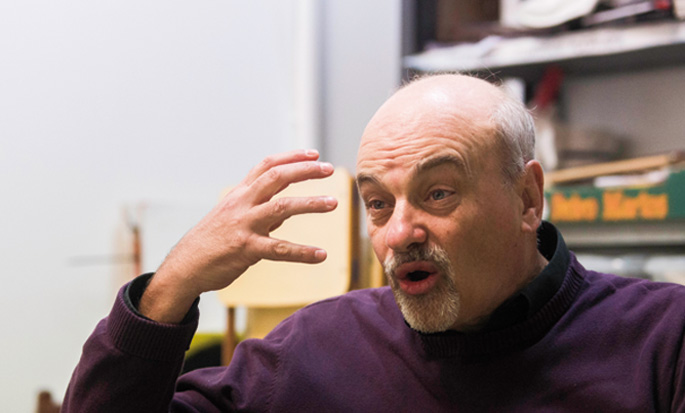
What has your research been like in popular movements?
I've been studying the peasant, indigenous and urban movements, living with them for a while. When I approach a certain movement, my technique is to take my head as clean as possible, without prejudice, and live, immerse myself in everyday life.
You prefer to call anti-systemic movements.
Or “societies in motion,” because I want to leave the classic dichotomy of social or union movements. The concept of social movement emerged in the United States and Europe, in the 1960s and 1970s, with a great role in the definition of movements: in favor of civil rights, in favor of women, against war… The State or the employer is called upon and mobilized to achieve them. In Latin America, moreover, they have their own vision, they build their world. Thus, for example, MSTs have acquired land in Brazil, removing 25 million hectares from large owners, in which they have organized collective spaces; they have created production cooperatives and built 1,500 schools.
Other kind of relationships.
Yes, and they've created pedagogy in schools. It doesn't make sense to teach my breast to pamper me or to talk about washing machines. They learn by working and playing, not by the pedagogy of classical reading and writing. There are the African characteristics, the importance of the territory and of the ancestors ...
Communal work is of great importance.
Collective work plays a fundamental role in this world, here in the Auzolan and in Latin America it is known as minga or tequio. It's one of the forces of social struggles and gives identity.
Indigenous thinking also influences it.
The contribution of the original peoples is Identity, they work the idea of living well, in harmony with the environment. It can be said that they are radical environmental and very spiritual activists: they attach importance to collective celebrations. The meetings are called by a shout from Chiapas, as was formerly the case in the Basque Country.
How has Indgenism changed the vision of the left?
Indigenous movements, especially the EZLN, have helped the left to understand that there are development models that are not present in capitalist development. Real socialism was a follower of capitalism. Our civilizing crisis is that of a model based on material production and the indigenous movement has helped us to understand that the current civilizing crisis is not the end of the world, but the end of a world.
Between popular movements and leftist governments?
When there are left-wing governments, the social struggle usually goes down, but there have been everything: good relationships, bad relationships and attempts to defeat. The government of Correa, for example, has had a very rough relationship with the indigenous people.
The left-wing governments have a defensive attitude.
Very obvious: In Argentina they have lost government, in Ecuador the Correa has decided not to run the elections next year, Maduro can be suspended by referendum and in Bolivia Morales has just lost the referendum. They have not been able to find new substitution leaders within them. This, coupled with wear, has allowed the right to resume power. Since 2013, I've been announcing the end of the progressive cycle. Popular movements have denounced the serious shortcomings suffered by those affected by the floods. They've made it possible to bring down poverty, but not inequality, they haven't been able to cope with that powerful 1 percent of the richest.
What's going on in Brazil?
There is an offensive by the United States and capitalism against leftist governments, but against that there is a political paralysis of those governments. The Basque Government will close the year with a 4% drop in GDP. The right, which until now was a member of the PT, has strengthened itself and turned its back on Lula, who has won the streets because of corruption. The impeachment of Dilma Rousseff is likely to occur.
In Venezuela he has also denounced the mismanagement.
When oil was at $130, there was a lot of money in Venezuela, which had been spent on corruption or ineffective policies. Now, with the cuba at 30 dollars, you have a hole in the box. With the arrival of Chavez, 90% of Venezuelan exports were crude oil. Currently it is 95%: They have been 17 years old and have not been able to diversify production. You import hard eggs -- that's a nonsense. In some nationalised companies, production has been halved and the number of workers has doubled. This mismanagement is the responsibility of progressive governments, not of others.
In what sense should critical thinking be recast?
There has still been a eurocentric mentality: Marxism, anarchism, Foucault and others. It is all well and good, but there are examples of liberation in Latin America: Túpac Amaru, Tupac Katari, the revolution in Haiti… More than the National State, we must reinvent the power that has as its axis the community and the region, beyond the logic of the State.
“Klase ertaineko familia eskuindar batean sortu nintzen. Gaztetan familiaren giro itogarritik ihes egin nahi izan nuen, eta ondoren herrialdetik, horretan militarrek lagundu bazidaten ere. Tupamaroen FER ikasle mugimenduan ibili nintzen eta 1973ko kolpea izan zenean Argentinara alde egin behar izan nuen. Handik urtebetera han ere kolpea eta hanka, Espainiara. Bertan oso garai interesgarria bizi izan nuen, auzo elkarteetan, NATOren aurkako “mugida”-n... Uruguaira 40 urterekin itzulita, Eduardo Galeanok sortutako Brecha aldizkarian idazten hasi nintzen eta berehala gizarte mugimenduak ikertzeko Latinoamerikan barna ibiltzeari ekin nion”.
This wedge that the announcement on the radio Euskadi to replace the bathtub with a shower encourages the commencement of the works in the bathroom of the house. A simple work, a small investiture and a great change are announced. There has been a shift in toilet trends and a... [+]
Zalantza asko izan ditut, meloia ireki ala ez. Ausartuko naiz, zer demontre! Aspaldian buruan dudan gogoeta jarri nahi dut mahai gainean: ez da justua erditu den emakumearen eta beste gurasoaren baimen-iraupena bera izatea. Hobeto esanda, baimen-denbora bera izanda ere, ez... [+]












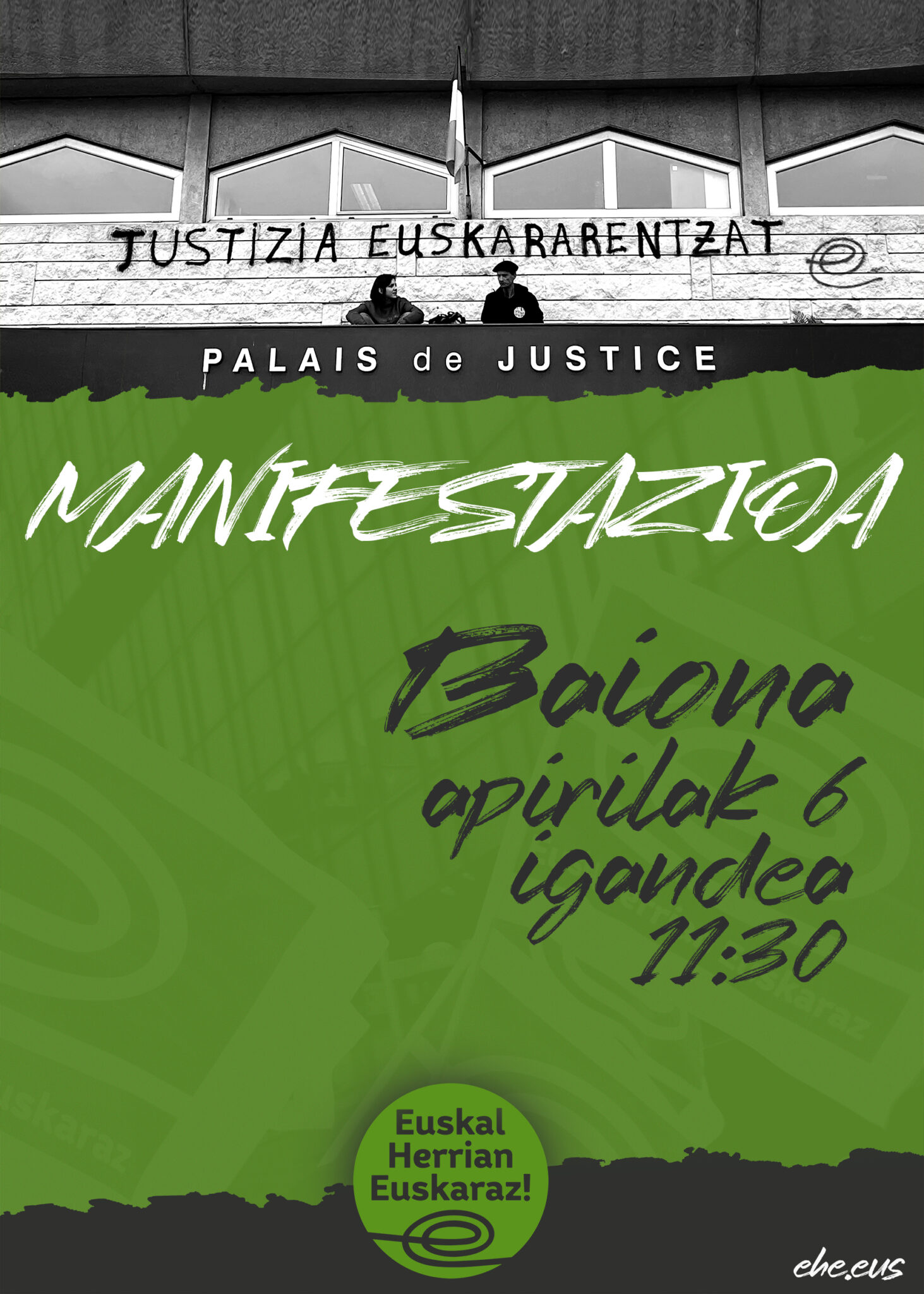
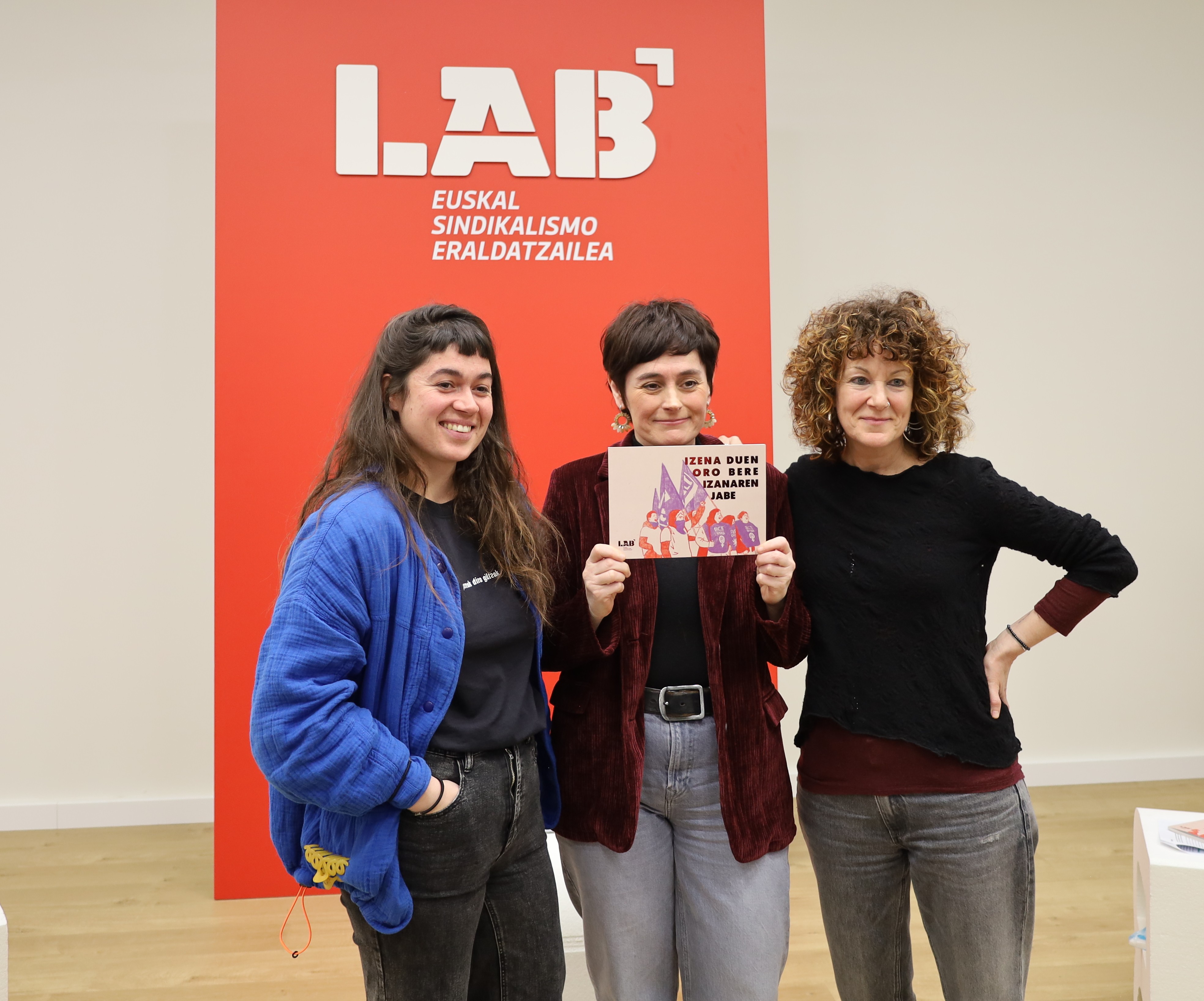
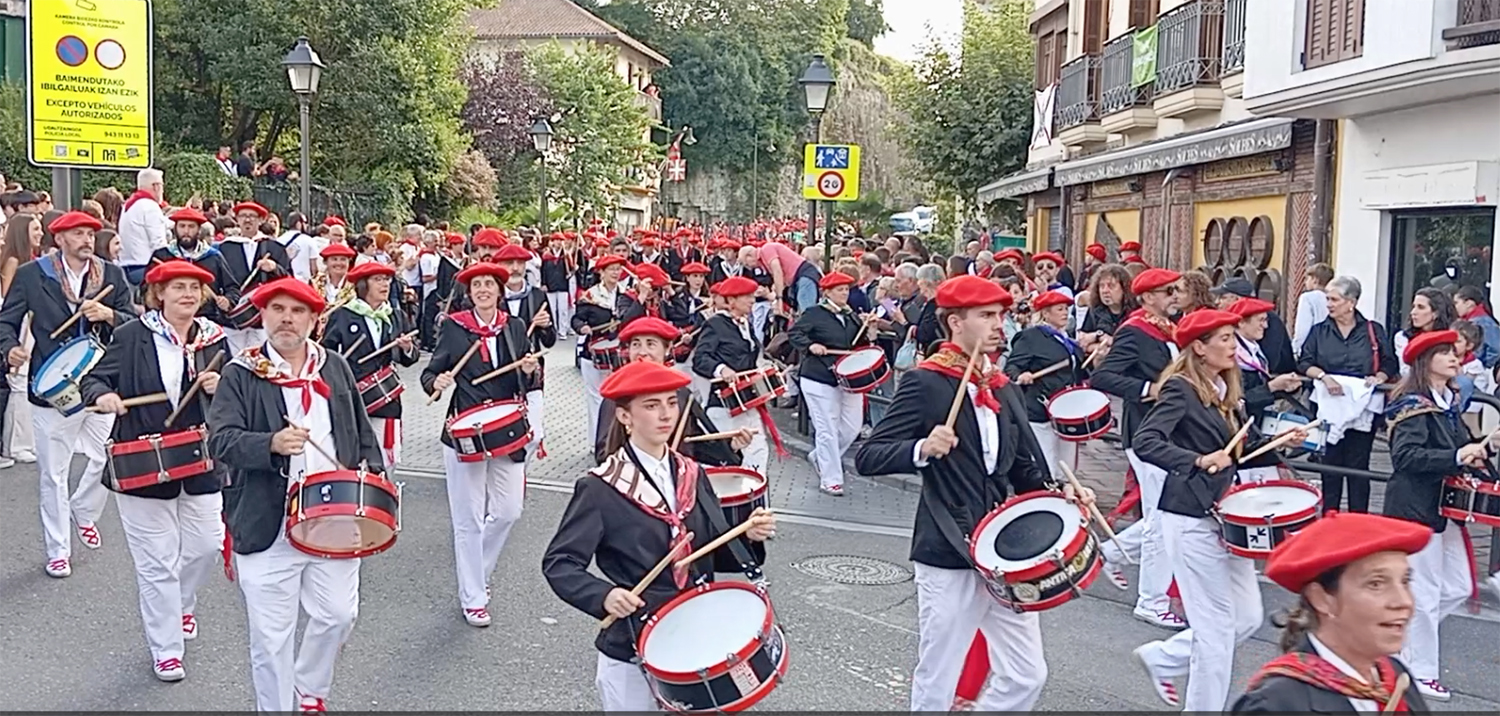

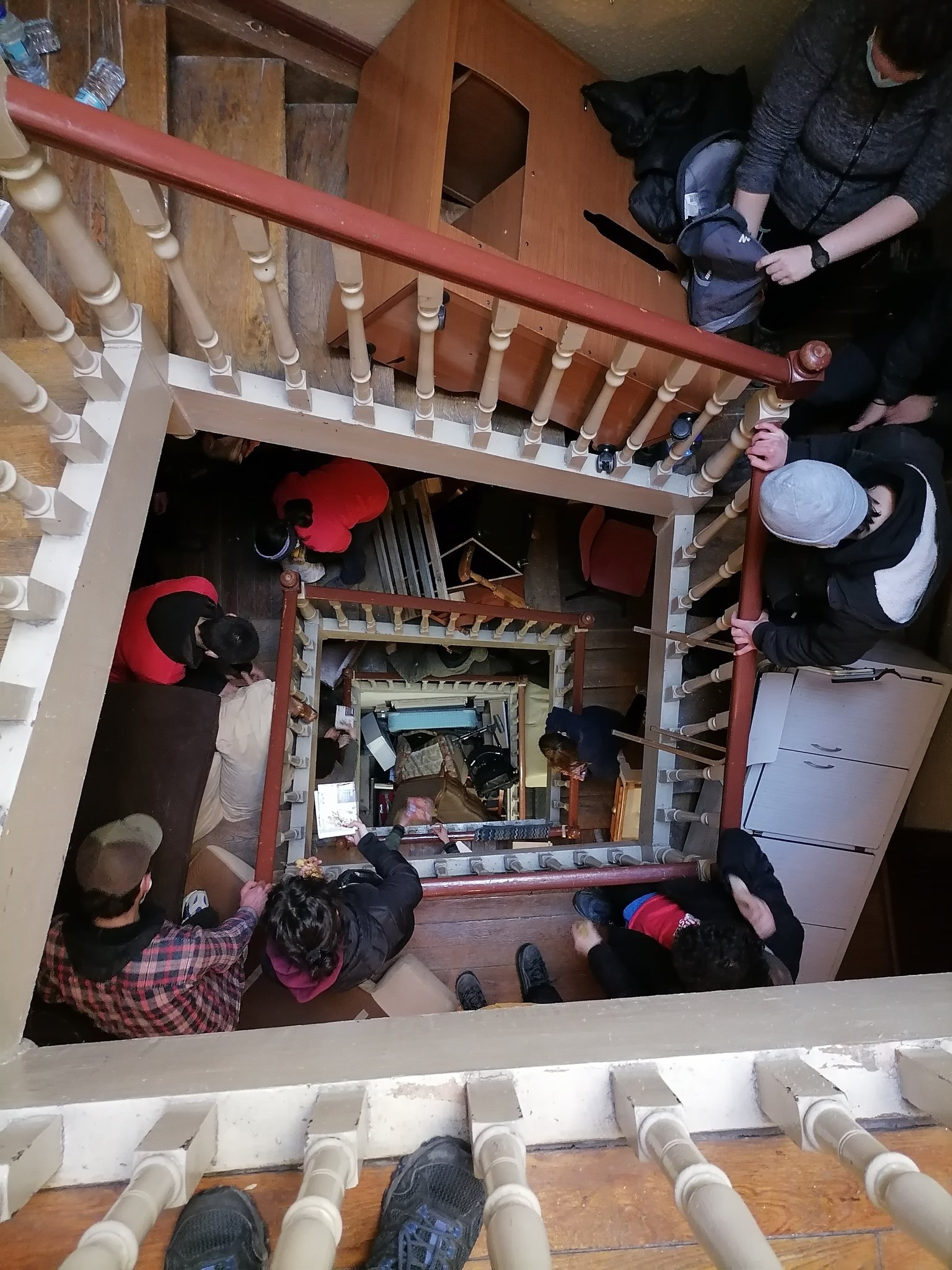

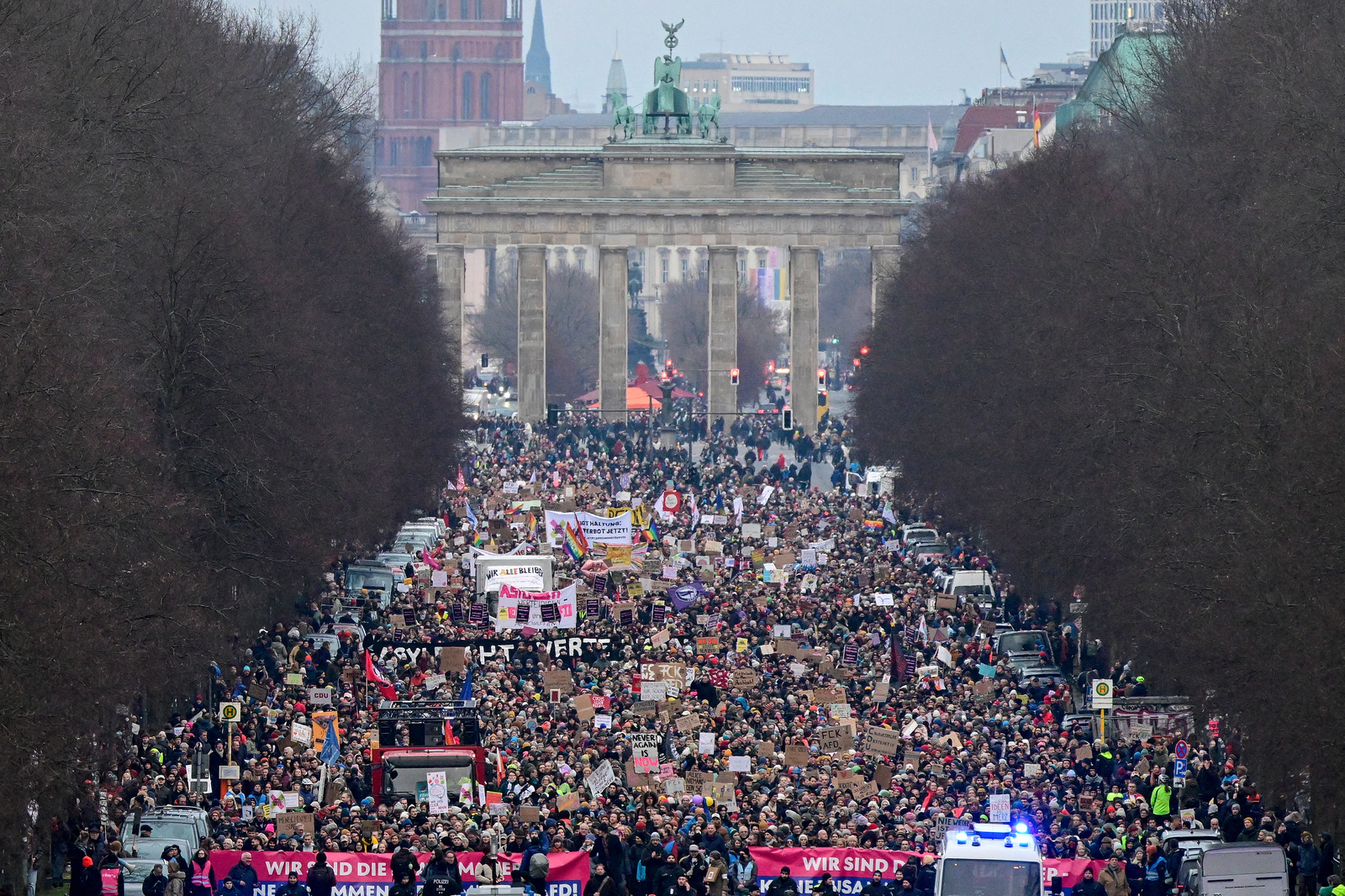





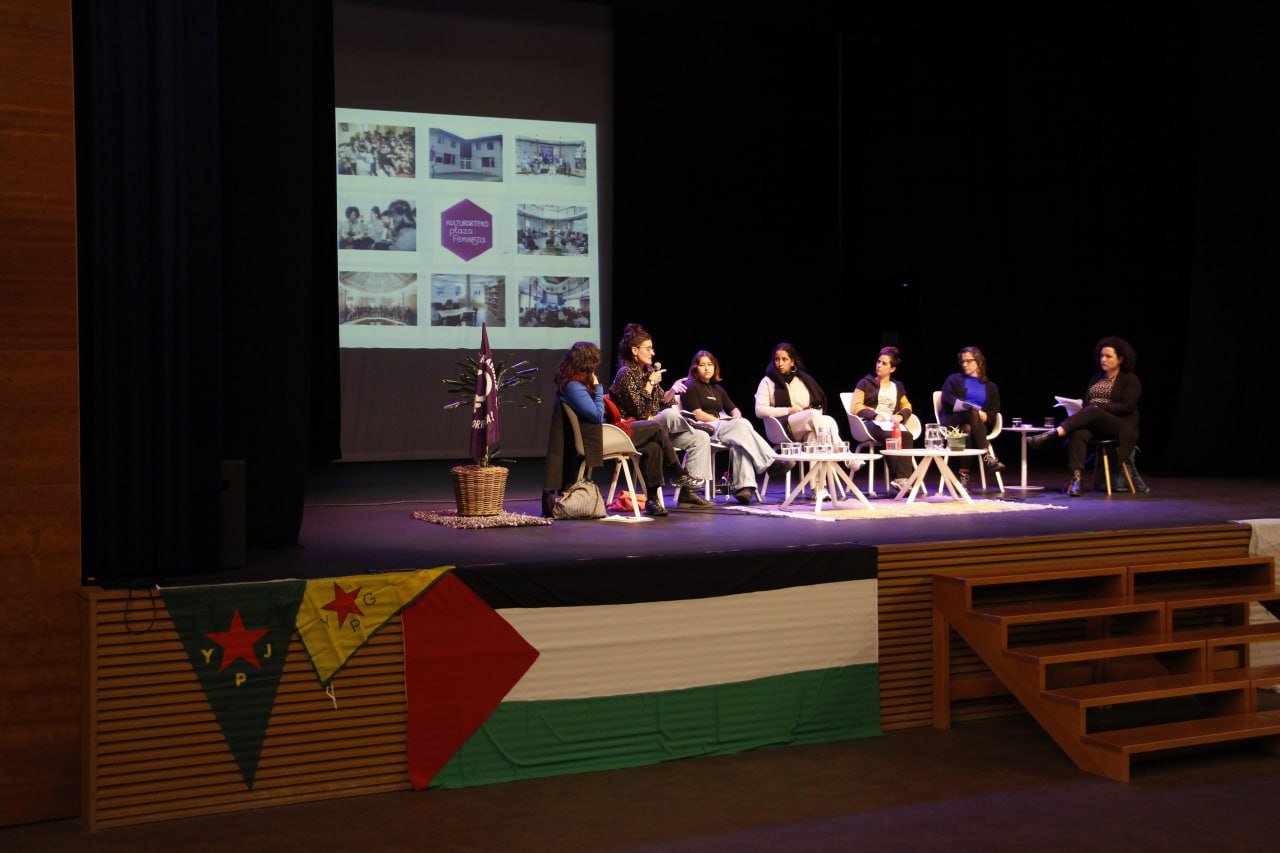
.png)